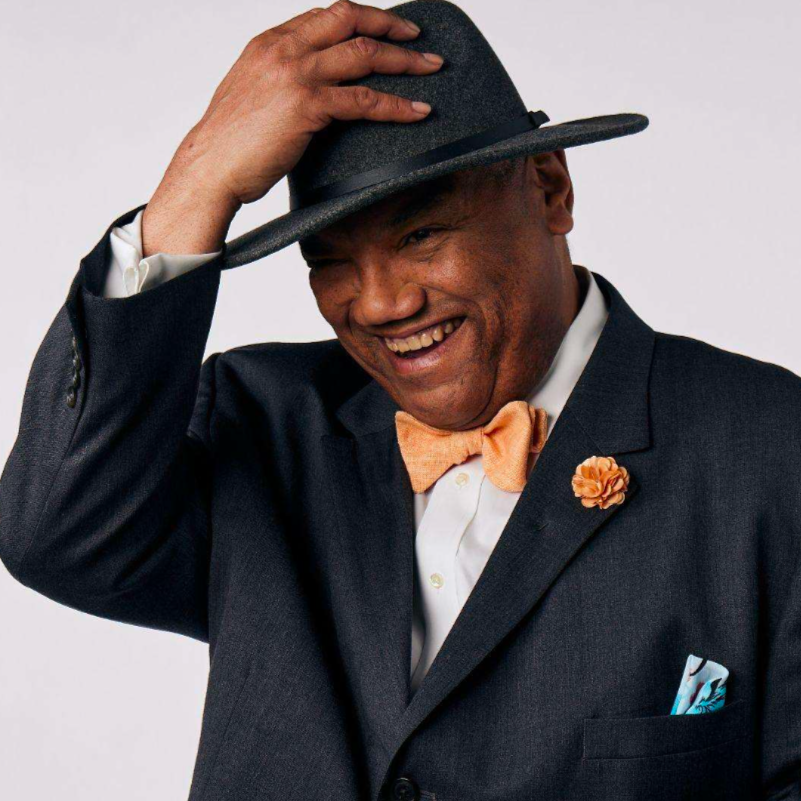Falcons move deeper into their offseason program
FLOWERY BRANCH — The Falcons entered Phase 3 of their offseason program earlier this week and are working to build to the start of training camp in late July.
In this phase, per the collective bargaining agreement with the NFLPA, teams may conduct a total of 10 days of OTAs. No live contact is permitted, but 7-on-7, 9-on-7 and 11-on-11 drills are permitted.
The Falcons will hold the first open session for media members Thursday.
“In some circumstances, we are trying to be smarter about player health and safety, understanding what we’re trying to get out of this voluntary period,” Falcons coach Arthur Smith said Wednesday. “It’s a lot.”
Smith, who’s set to enter his second season as coach, is using the offseason to teach and develop players.
“You can’t do a lot of competitive football stuff in here, but what you can do is you can work a lot on fundamentals, a lot of the mental aspects and getting guys caught up,” Smith said. “So, when we come back here in late July, they’re ready to roll and compete. So, to me, it’s teaching and development and it’s a build-up phase.”
Smith noted that the offseason program is voluntary. He’s fine with players staying away going through their own workout programs. But when training camp opens, they’ll need to be ready to compete.
“For the guys that are here, there are a lot of good outlets for guys,” Smith said. “That’s part of the climate of professional football. So, everybody (has) different ways that they prepare.”
The Falcons try to customize their workouts to the players and where they are in their careers. Younger players may need to work on strength training, while older players may have some modifications.
“You may have to modify some things with being smart and still training to get ready to go because at the end of the day you’re training to get ready to play a football season,” Smith said. “It helps when you’re strong, you’re fast and you’re in shape. So that part of the business objective hasn’t changed. Maybe some of the methods have.”
Smith is pleased with where the Falcons are. They have two more weeks of OTAs and then the mandatory minicamp in mid-June. The team will then reconvene in late July for training camp, with the rookies reporting July 19.
“There are things that we try to do to make sure. Again, it’s another step, building up,” Smith said. “We train a lot of the movements that we’re going to ask these guys to do.”
The Falcons work on the chemistry and the timing of the passing attack. On defense, they are working on communicating their signals.
“The ultimate objective is to get ourselves in the best shape we can going into training camp, both mentally and physically,” Smith said.
“We've got more competition everywhere, and these guys need to play. We've got to make sure we're ready to go when we kick off on Sept. 11."
The Falcons will take a much more aggressive approach during the exhibition games. The starters, or projected starters, will play in the games (unlike last year), and they’ll have joint practices before games with the New York Jets and the Jacksonville Jaguars.
“There are a lot of logistics that are involved with it depending on who you are playing and where the opposing coach is with his program,” Smith said. “There’s a lot that goes into that. We want to do that because it helps. There’s a lot of things you can get out of it if you’re practicing with the right teams.”
Smith believes playing the games will help the team improve. Last season, he felt the roster was thin at several key position groups, and he may have been more risk-averse in the exhibition season.
“I think what you’re seeing now is the ‘22 team is completely different than the ‘21 team,” Smith said. “We’ve got more competition everywhere, and these guys need to play. We’ve got to make sure we’re ready to go when we kick off on Sept. 11.”
Smith has a good understanding with Jaguars coach Doug Pederson and Jets coach Robert Saleh on how they want to practice.
“In this business, you always want to have good allies,” Smith said. “It’s a very competitive business, but that doesn’t mean you’ve got to create useless enemies. I mean, we’re all trying to do the same thing, trying to get our teams ready to go.”
The joint practices will break up the monotony of training camp.
“You get to practice against maybe a different scheme you want to see,” Smith said. “If it’s done right, and we’ll be smart about it, it can be very beneficial.
“What you don’t want to see is you go up there and ... you (get into) 500 fights. I mean that doesn’t help. That’s just a waste of everybody’s time. I got it. I mean football is a physical, competitive sport. But you know if you allow the fights to happen, those can’t happen in the game.”



